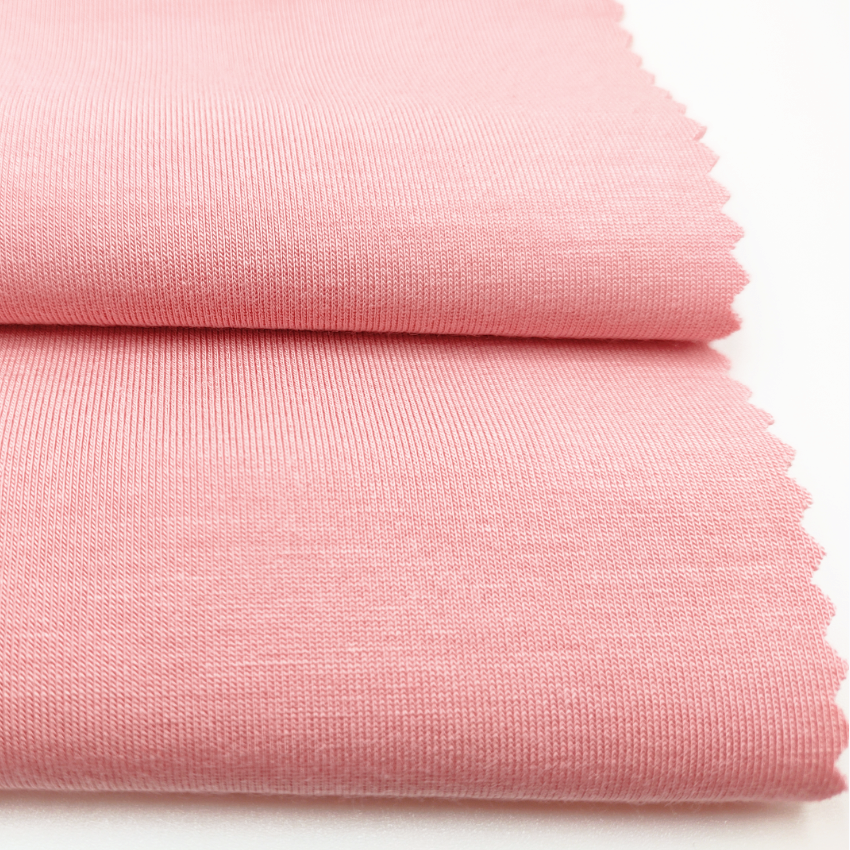Modal fabric is primarily made from beechwood pulp, not bamboo. However, if you are referring to the environmental impact of modal production and its potential implications for soil health in beechwood plantations,
Here’s some information:
- Sustainable Wood Sourcing:
- Modal fabric is commonly derived from beech trees. Sustainable modal production involves responsible wood sourcing practices, including the selection of mature trees and adherence to forestry certifications (e.g., FSC – Forest Stewardship Council). These practices contribute to maintaining healthy and well-managed beechwood plantations.
- Closed-Loop Production:
- Modal production often employs a closed-loop process where the chemicals used to break down the wood pulp are recovered and recycled. This closed-loop system minimizes the release of harmful substances into the environment, promoting soil health around the production facilities.
- Efficient Water Usage:
- Modal production typically requires less water compared to some other fabrics like cotton. Efficient water management contributes to the conservation of water resources and helps maintain the balance of water availability in the soil.
- Reduced Chemical Inputs:
- The production of modal fabric involves fewer chemical inputs compared to some traditional textile manufacturing processes. This can contribute to minimizing the impact on soil health by reducing the introduction of harmful substances.
- Biodegradability:
- Modal fabric is known for its biodegradability. At the end of its lifecycle, modal can naturally decompose, potentially returning organic matter to the soil without leaving persistent pollutants.
- Low Environmental Impact Dyes:
- Innovations in dyeing processes for modal fabrics focus on the use of low-impact and environmentally friendly dyes. China Modal Fabric suppliers This helps reduce the potential for soil contamination associated with traditional dyeing methods.
- Promotion of Sustainable Practices:
- The popularity of sustainable fabrics like modal encourages a shift towards more environmentally friendly practices in the textile industry. This broader movement can influence agricultural and forestry practices, promoting sustainability and soil health.
It’s important to note that while modal has environmental benefits, its impact on soil health is indirect. The main environmental considerations lie in the responsible management of beechwood plantations, efficient resource use, and the reduction of chemical inputs during modal production.
If you are specifically interested in the impact of textile production on soil health in bamboo plantations, you may want to consider fabrics derived from bamboo fibers, such as bamboo viscose or bamboo lyocell, as they are directly related to bamboo cultivation and processing.
